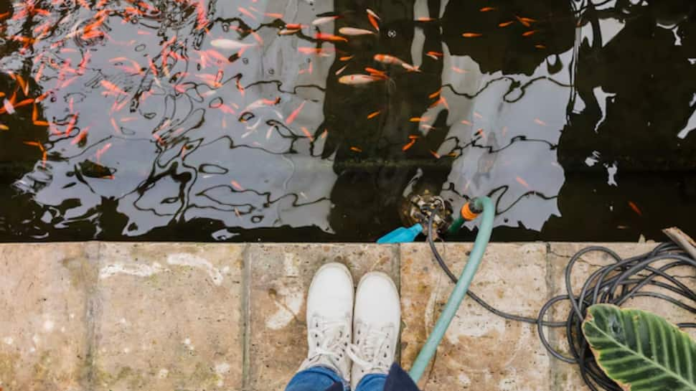Monsoon showers aren’t just about lush greenery and cool breezes; they’re also nature’s gift to replenish our water supply. With one simple rainwater harvesting trick, you can capture and reuse thousands of litres of water, reducing bills and helping the planet.
Across cities and towns, water scarcity is becoming a harsh reality. Groundwater levels are depleting, lakes are shrinking, and summers are getting hotter each year. Yet, during the monsoon, gallons of rainwater run off into drains and go to waste. What if you could trap that water and use it for months after the rains end? That’s where rainwater harvesting comes in, an age-old yet highly effective method to store and recycle rainwater right at home.
Why Rainwater Harvesting Matters More Than Ever
India receives a majority of its rainfall in just a few months, but without proper collection methods, most of it is lost. By adopting rainwater harvesting, households can:
1. Save thousands of litres of water every year
2. Reduce dependence on groundwater and tankers
3. Cut down water bills significantly
4. Help recharge local water tables
5. Ensure clean, sustainable water for gardening, washing, and even drinking (with filtration)
Simply put, rainwater harvesting is not just a choice anymore; it’s a necessity.
The Simple Trick: Rooftop Rainwater Harvesting
The easiest and most effective method of harvesting rainwater is rooftop rainwater collection. Here’s how it works:
Collect Rainwater From Your Roof
Every time it rains, water flows from your roof into drains. By connecting these drains to a pipe, you can direct the flow into a storage tank.
Install A Filter System
A simple mesh filter or sand filter removes leaves, dust, and debris from the rainwater, ensuring it’s clean and safe for use.
ALSO READ | 10 Genius Ways To Cut Plastic Waste At Home And Save Our Planet Faster
Store It In A Tank Or Recharge Pit
The filtered water can be stored in an overhead tank for daily household use or directed into an underground recharge pit to replenish groundwater levels.
Reuse The Water Wisely
The harvested rainwater can be used for washing, cleaning, gardening, and, with advanced filtration, even for cooking and drinking.
This method is low-cost, easy to maintain, and can be set up in most urban and rural homes with minimal effort.
How Much Water Can You Save?
Here’s a quick perspective: A roof area of just 100 square meters can collect nearly 60,000 litres of water in a single monsoon season (assuming average rainfall of 600 mm).
That’s enough to meet the annual drinking water needs of a family of five, or water your garden all year long without touching municipal supply.
Additional Rainwater Harvesting Ideas For Homes
Apart from rooftop collection, you can also try:
1. Rain Barrels: Place large drums under roof gutters to collect water for garden use.
2. Recharge Wells: Direct excess water into borewells to recharge groundwater.
3. Percolation Pits: Create pits in your garden to allow rainwater to soak into the soil naturally.
This monsoon, don’t let precious rainwater wash away into the streets. With just a simple rooftop harvesting system, you can save thousands of litres, lower your water bills, and do your bit for the environment. The best part? Once set up, the system practically runs on its own with little maintenance.
So, when the rains arrive this year, welcome them with open arms and a smart rainwater harvesting plan. The water you save today will sustain you, and the planet, tomorrow.
ALSO READ | 7 Yoga Poses That Melt Stress And Boost Flexibility Instantly – Find Your Natural Mind-Body Balance
(This article is intended for your general information only. Zee News does not vouch for its accuracy or reliability.)

